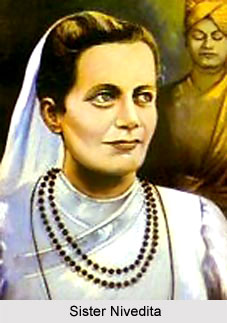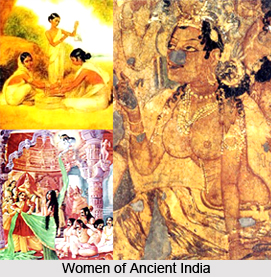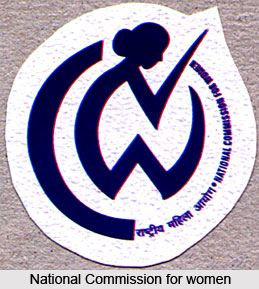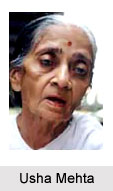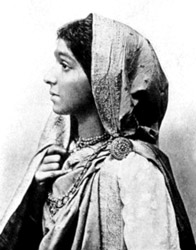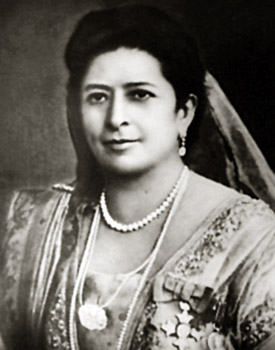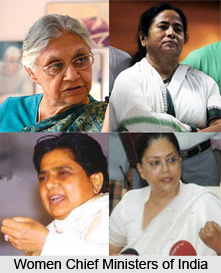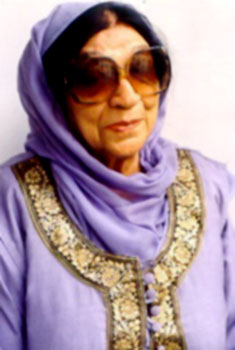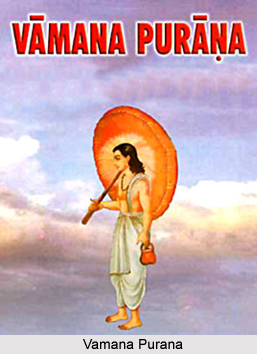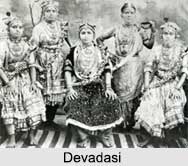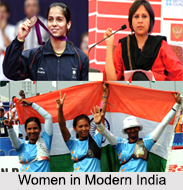 Women in Modern India have largely been influenced by the programs of reform and upliftment which brought about a radical change in their position. Before the advent of British rule in India, Indian women were in a quite deplorable social condition with a number of oppressive rules being thrust upon them by society. With the various reform movements and a gradual change in the perception of women in society, there was seen a radical transformation in the position of women in modern India. They now emerged as educated and socially aware women with a strong sense of their individuality and increasingly looking towards newer avenues for self expression.
Women in Modern India have largely been influenced by the programs of reform and upliftment which brought about a radical change in their position. Before the advent of British rule in India, Indian women were in a quite deplorable social condition with a number of oppressive rules being thrust upon them by society. With the various reform movements and a gradual change in the perception of women in society, there was seen a radical transformation in the position of women in modern India. They now emerged as educated and socially aware women with a strong sense of their individuality and increasingly looking towards newer avenues for self expression.
Position of Women in Pre-Colonial India
Before the coming of the British in India, the life of Indian women was rather oppressive, and they were subject to a constant process of social oppression. The woman"s youth was spent in the preparation of marriage and her entire life was dependant on the male members of her family. Added to this were various repressive social customs such as Sati, child marriage, polygamy, lack of proper education and her confinement to the household. Historically, women experienced these rules and prescriptions differently depending on religion, caste, class, age and their place in the family hierarchy. Though a few women became educated, attained fame, and commanded armies, most were denied to acquire knowledge, property and social status.
Position of Women under the British
The constant works of the Indian Social Reformer Ram Mohan Roy, who was trying to elevate the status of Indian women, there was seen a gradual change in the position of women in modern India. By the second half of the 19th century, there were reform groups in all parts of British India that focused attention on sati, female infanticide, polygamy, child marriage, Purdah System, prohibitions on women education, Devdasis (temple dancers wedded to the gods) and the patriarchal joint family. Their activity acted as a stimulus and encouragement to reform-minded individuals in other areas, and gradually reformist organizations with an all-India identity began to emerge.
Women"s Reforms in British India
Due to the reform activities and changes set in motion by the British conquest of India, by the end of the 19th century there were a number of women who were educated, articulate, mobile and ever more involved in public activities. With increased urbanization and the growth of new professions, establishment of new educational, religious and social institutions was observed. Families moved from village to the cities and women gradually started attending educational institutions, social gatherings unrelated to family affairs and new religious ceremonies.
One of the most significant changes concerned was what women were capable of doing. There was a gradual shift of women"s activities from the confines of the household to the larger social and political scene. The recognition of individualism of women was another major achievement of the modern age.
Concept of New Women in India
The educated and socially active "new women", as they were called, were part of a modernizing movement which sought to modify gender relations in the direction of greater equality between men and women. In the modern India, parents who cared about female education waited until their daughters were older before arranging their marriages or occasionally allowed young married women to continue their education. Older brides became mothers at a later age and often played a greater role in child-rearing. Often there were opportunities to exercise some choices of their own.
Thus, the position of women in modern India was one of great social upliftment. There was a major change not merely in the lives of the women, but also in the perception of their roles and functions by society. It paved the way for the greater independence and expression of individuality of Indian women.
